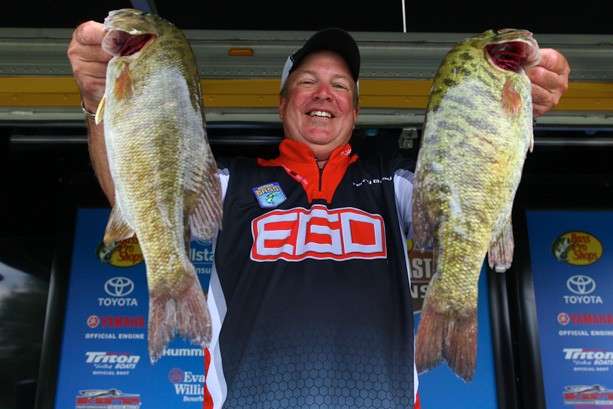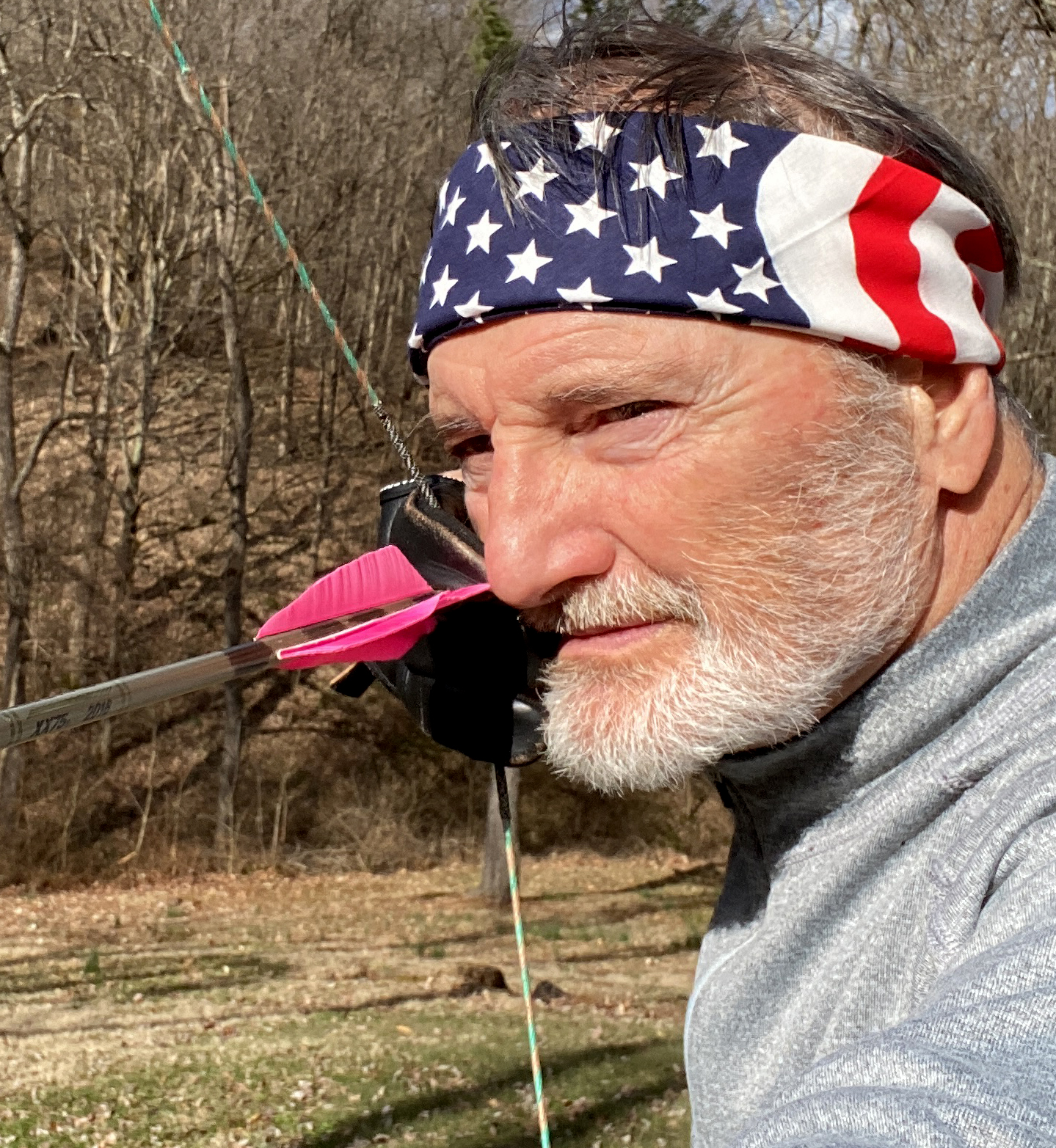
Connecticut’s Terry Baksay competed in his first Bassmaster tournament, the Hudson River Invitational, in 1984. He was 25 years old then and hopelessly hooked on bass fishing. Today, Baksay is a youthful 54 years old. He is still hopelessly hooked on bass fishing.
In each of the three years following his maiden Hudson River tournament, Baksay fished one Bassmaster Invitational. In 1989 he took a leap of faith and fished all the Invitationals that season.
The first of these events was at the St. Lawrence River. Baksay hit pay dirt and finished in fifth place. He also made a huge impact on the bass fishing world by sacking his bass with Lunker City’s Slug-Go.
The soft plastic Slug-Go preceded Zoom’s Super Fluke and the myriad other soft jerkbaits that have since become essential lures for every bass angler. Not only was the Slug-Go new, the technique of twitching a soft jerkbait rigged with a hook and no sinker was unheard of.
Almost overnight, every bass angler in the country was slinging a Slug-Go and catching bass with this newfangled technique.
That season Baksay qualified for the first of his two trips to the Bassmaster Classic. His success prompted him to become a bass pro.
Baksay was a regular on the various evolutions of the Bassmaster pro tours through 2005. Since then he has fished mainly the Bassmaster Northern Opens. Baksay has qualified to fish the Elite Series three times via the Northern Opens. He has yet to sign on for the Elites, but may do so in the future.
Even though the Bassmaster Invitationals paired boaters with boaters, Baksay “loved fishing them.”
“I miss the camaraderie of the good old days,” Baksay said.
Baksay believes that GPS technology and chartplotters have brought about the most dramatic changes to bass fishing. When he began tournament fishing, anglers had to find and return to offshore hotspots using paper maps, flasher depthfinders and triangulation.
“My dad taught me how to read a map and use triangulation to get back where I needed to be,” Baksay said. “I tried to teach my kids triangulation. They had no idea what I was talking about.”
Although Baksay relies on Raymarine electronics today, he still triangulates objects on the shoreline to quickly line up his casts to underwater sweet spots.
Baksay credits his father, John, for teaching him how to fish.
“He passed away at 93,” Baksay said. “My dad would come home from work and we would go fishing five nights a week. We would also fish one full day on the weekends.”
This routine began when Baksay was 5 years old. His enthusiasm for bass fishing is just as strong now as it was then.
In 1978 Baksay read a newspaper article that told of an upcoming team bass tournament in upstate Connecticut. The 17-year-old Baksay entered the event with his father. They fished from a 12-foot aluminum johnboat powered by a 6 hp outboard. A 48-quart Coleman cooler rigged with an aerator served as their livewell.
“We came in seventh,” Baksay said. “Three weeks later we droved to Springfield, Missouri and bought an aluminum Bass Tracker with a 50 hp Merc.”
The Tracker’s trailer was attached to a ball fixed to the bumper of the Baksay family’s baby blue Pinto station wagon. As the proud new boat owners were driving through St. Louis on their way back east, the bumper fell off the Pinto.
Miraculously, no one was hurt and the boat came through the incident unscathed. The Baksays traded the Pinto for a used pickup truck in St. Louis and finished the rest of their journey without incident.
While fishing pro tournaments, Baksay supplemented his income by guiding for bass at Connecticut lakes, including Candlewood, Lillinonah and Zoar. He doesn’t guide as often today because he now works for Lunker City.
“I’ve been at Lunker City for two and a half years,” Baksay said. “I started out part time working a few days a week. It evolved into a full time job.”
His duties at Lunker City include marketing, sales and managing the pro staff.
Fatherhood has also kept Baksay busy. His oldest son Christopher, 24, is serving in the Army at Ft. Drum. The base is in upstate New York, a short drive from Lake Ontario’s fabulous bass fishing. Like his father, Christopher is a bass fanatic. He fishes these waters whenever he can.
“Christopher kicks my butt when we fish together,” Baksay said. “We have fished five tournaments together over the past three years and won four of them because Christopher unconsciously knows how to tune in and catch bass.”
Baksay’s other two sons, Lucas, 14, and Blake, 9, also fish regularly with their father.
“Blake has probably caught 20 smallies over 5 pounds,” Baksay said proudly. “How many 9-year-olds have done that?
Of the many fishing methods that Baksay has mastered, he would rather catch bass twitching a hard plastic jerkbait than anything else. He claims he carries 12 boxes of jerkbaits with him to every tournament.
“I’m a freak about it,” Baksay said.
When it comes to practicing prior to a major bass tournament, such as a Bassmaster Northern Open, Baksay has found that less is more.
“The more I practice for a tournament the worse I fish,” he said. “I practice no more than two days. I usually find my fish by noon on the first day of practice.”
The day before a Bassmaster Open tournament begins, Baksay stays off the water. He readies his tackle, cleans his boat and rests.
“I’m getting older and I need to recover from practice,” Baksay said. “It’s an amazing thing what that day off does for your body.”

